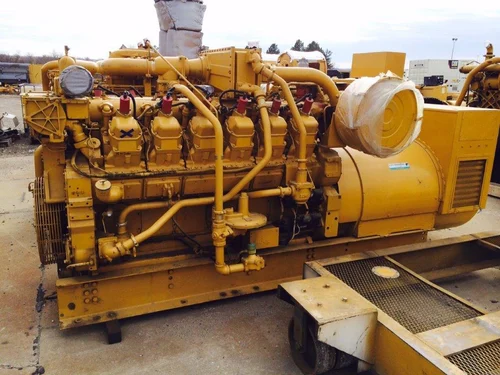
The Impact of Weather Conditions on Generator Performance
Let’s face it, power outages are a pain. That’s why generators are such lifesavers, providing essential electricity when the main grid goes down. But did you know that the weather outside can affect how well your generator performs? Understanding these impacts can help you ensure your generator runs smoothly when you need it most.
Temperature’s Two extremes:
-
Heatstroke for Engines: Just like us, generators don’t like extreme heat. Hot weather makes the engine work harder, increasing fuel consumption and reducing power output. In severe cases, overheating can lead to a complete shutdown.
-
Cold Shoulder for Batteries: Cold temperatures can make it difficult for your generator to start. Battery capacity decreases, making it harder to crank the engine. Consider storing your generator in a heated space or using a battery blanket during cold snaps.
Weather Warriors: Wind, Rain, and More:
-
Water Woes: Heavy rain, snow, or flooding can damage the generator’s electrical components if it’s not properly sheltered. Water ingress can also lead to problems with the fuel system, causing the engine to sputter or stall.
-
Windy Worries: High winds can cause the generator to vibrate excessively, putting stress on internal components and potentially shortening its lifespan. In extreme cases, debris blown by wind can damage the air intake or radiator.
Optimizing Performance in Any Weather:
Here are some tips to keep your generator running strong, rain or shine:
- Regular Maintenance: Regular servicing ensures your generator is in top condition to handle whatever weather comes its way.
- Location, Location, Location: Place your generator in a well-ventilated area out of direct sunlight and away from potential flooding. Consider a weatherproof enclosure for additional protection.
- Mind the Load: Don’t overload your generator during peak usage periods. This can strain the engine and lead to overheating.
- Winterize for the Cold: For cold climates, consider using a battery maintainer to keep your battery charged and a block heater to warm the engine before starting.
By understanding how weather impacts your generator and taking some preventative measures, you can ensure it’s ready to provide reliable backup power whenever you need it. After all, a little preparation can go a long way in keeping the lights on during a storm.
